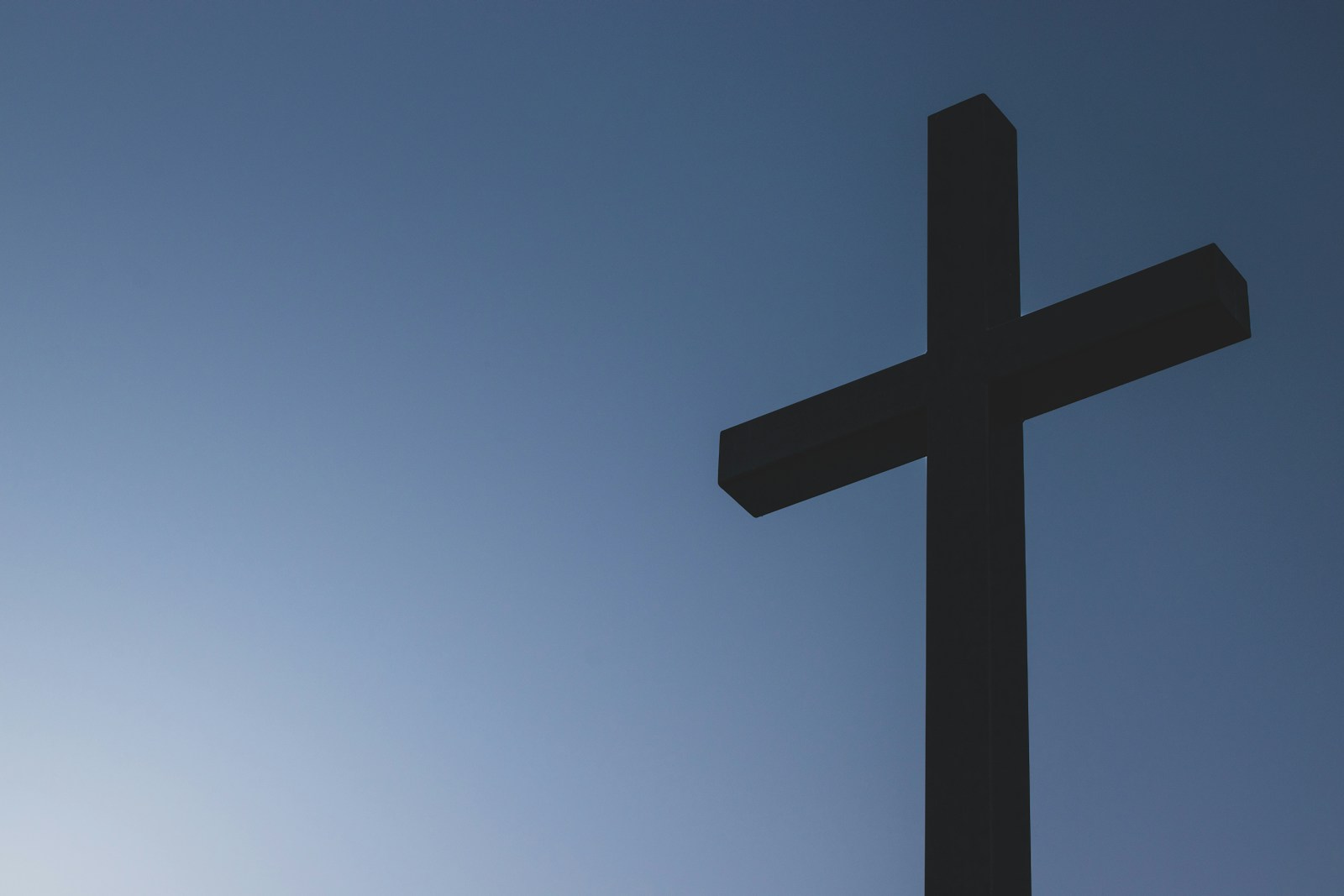Do Catholics Believe in the Rapture? Understanding the End-Times Perspective
The question, “Do Catholics believe in the rapture?” is one of the most common points of confusion between Catholic and certain Protestant traditions, particularly American Evangelicalism. The confusion stems from a shared scripture but a very different theological understanding of the “Last Things,” or eschatology.
The short answer is No, the Catholic Church does not subscribe to the popular Protestant doctrine of the Rapture.
However, Catholics do believe in the event described in the key biblical verse associated with the Rapture. The difference lies entirely in the timing, nature, and purpose of that event.
1. Defining “The Rapture”: The Protestant View
The doctrine of the Rapture, as widely popularized in the last two centuries (and through media like the Left Behind books), is generally known as Pre-Tribulation Rapture. This theory involves a two-stage return of Christ:
- Secret Return: Christ comes to Earth secretly to instantly remove all faithful believers (the Church).
- The Tribulation: Those “left behind” (including, often, the majority of the world) remain on Earth for a seven-year period of severe global suffering and chaos.
- Second Coming: After the Tribulation, Christ returns publicly with the raptured saints to defeat evil and establish his reign.
The Catholic Church officially rejects this multi-stage, secret-removal view of the end times.
2. The Catholic Teaching: The One, Glorious Second Coming
Catholic theology, rooted in centuries of tradition and biblical interpretation, teaches a single, unified event called the Second Coming of Christ (or the Parousia). This is the culmination of history, not an early escape from it.
The Nicene Creed: The Core Belief
The definitive Catholic teaching on the end times is recited every week in the Creed:
“He will come again in glory to judge the living and the dead, and his kingdom will have no end.”
What Catholics Believe Will Happen:
The events described in Scripture will occur publicly and simultaneously at the end of the world:
- The Lord’s Descent: Jesus Christ will return in glory, visible to all.
- The General Resurrection: The dead in Christ will rise first, receiving their glorified bodies.
- The Transformation (“Caught Up”): Those believers who are alive at that moment will be instantly transformed in glory and caught up (raptus in Latin, from the Greek harpazo) in the clouds to meet the Lord.
- The Final Judgment: Christ will then judge the living and the dead.
Crucially, the “catching up” is seen not as a secret escape before the tribulation, but as the glorified joining of the saints at the final judgment.
3. Interpreting the Key Scripture: 1 Thessalonians 4:17
The passage most often cited to support the Rapture is St. Paul’s First Letter to the Thessalonians:
“Then we who are alive, who are left, shall be caught up together with them in the clouds to meet the Lord in the air; and so we shall always be with the Lord.” (1 Thess 4:17)
The Catholic Perspective: Meeting the King
The Catholic understanding views this event through the lens of a royal procession in the ancient world.
- When a king or dignitary arrived at a city, the citizens would leave the city walls (go out to meet them in the air) and immediately turn around to escort the dignitary back into the city for the celebration.
- Similarly, the Church teaches that the faithful will be “caught up” to meet Christ only to accompany him back to Earth for the glorious establishment of the New Heavens and New Earth, which is the final state of God’s Kingdom.
The Catholic view emphasizes Christ’s return to Earth for the final judgment, not a journey away from Earth to avoid suffering.
4. The Catholic View on Tribulation and Readiness
The Catholic Catechism teaches that the Church will go through a final trial before the Second Coming—a period of persecution and apostasy that will “shake the faith of many believers.” Catholics are taught to endure this final trial, not escape it.
| Catholic End-Times Focus | Contrast with Popular Rapture Theory |
| Trust and Hope | Rooted in joyful expectation of Christ’s fulfillment of his promise. |
| Active Vigilance | Focused on being prepared for death and judgment at any time by living a holy life now. |
| One Judgment | All the faithful (living and dead) participate in the one, final event. |
Export to Sheets
In short, while Catholics do believe in the resurrection and the transformation of the faithful into glory, they do not believe in the Pre-Tribulation Rapture as a secret escape from the world’s final suffering. The focus is always on faithful perseverance until Christ’s glorious and final arrival.

